New York (CNN Business)Clearview AI, a startup that compiles billions of photos for facial recognition technology, said it lost its entire client list to hackers.
The company said it has patched the unspecified flaw that allowed the breach to happen.
In a statement, Clearview AI's attorney Tor Ekeland said that while security is the company's top priority, "unfortunately, data breaches are a part of life. Our servers were never accessed." He added that the company continues to strengthen its security procedures and that the flaw has been patched.
Clearview AI continues "to work to strengthen our security," Ekeland said.
In a notification sent to customers obtained by Daily Beast, Clearview AI said that an intruder "gained unauthorized access" to its customer list, which includes police forces, law enforcement agencies and banks. The company said that the person didn't obtain any search histories conducted by customers, which include some police forces.
Learn more / En savoir plus / Mehr erfahren:
https://www.scoop.it/t/securite-pc-et-internet/?&tag=Facial+Recognition
https://www.scoop.it/topic/securite-pc-et-internet/?&tag=Clearview



 Your new post is loading...
Your new post is loading...




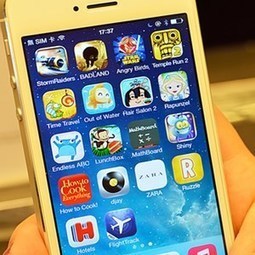

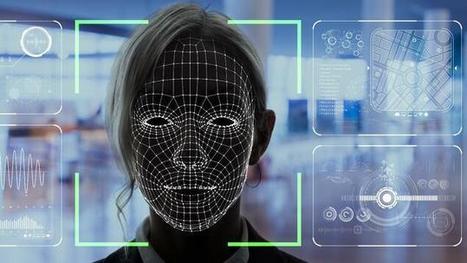
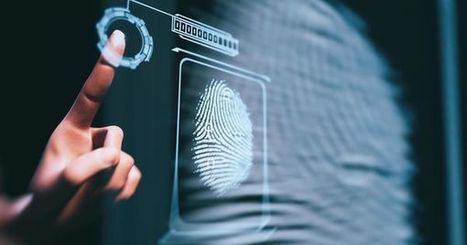
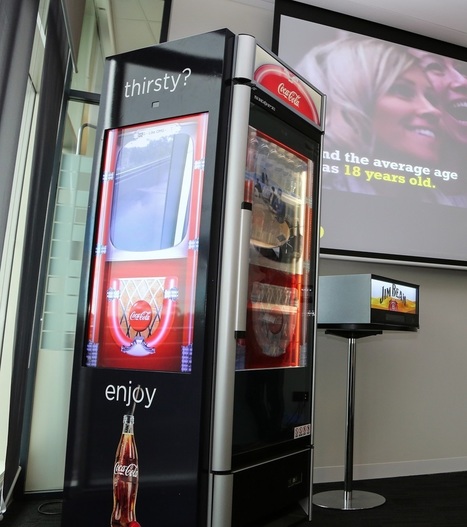

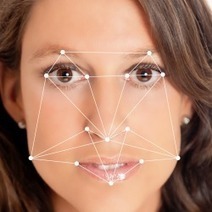





New York (CNN Business)Clearview AI, a startup that compiles billions of photos for facial recognition technology, said it lost its entire client list to hackers.
The company said it has patched the unspecified flaw that allowed the breach to happen.
In a statement, Clearview AI's attorney Tor Ekeland said that while security is the company's top priority, "unfortunately, data breaches are a part of life. Our servers were never accessed." He added that the company continues to strengthen its security procedures and that the flaw has been patched.
Clearview AI continues "to work to strengthen our security," Ekeland said.
In a notification sent to customers obtained by Daily Beast, Clearview AI said that an intruder "gained unauthorized access" to its customer list, which includes police forces, law enforcement agencies and banks. The company said that the person didn't obtain any search histories conducted by customers, which include some police forces.
Learn more / En savoir plus / Mehr erfahren:
https://www.scoop.it/t/securite-pc-et-internet/?&tag=Facial+Recognition
https://www.scoop.it/topic/securite-pc-et-internet/?&tag=Clearview